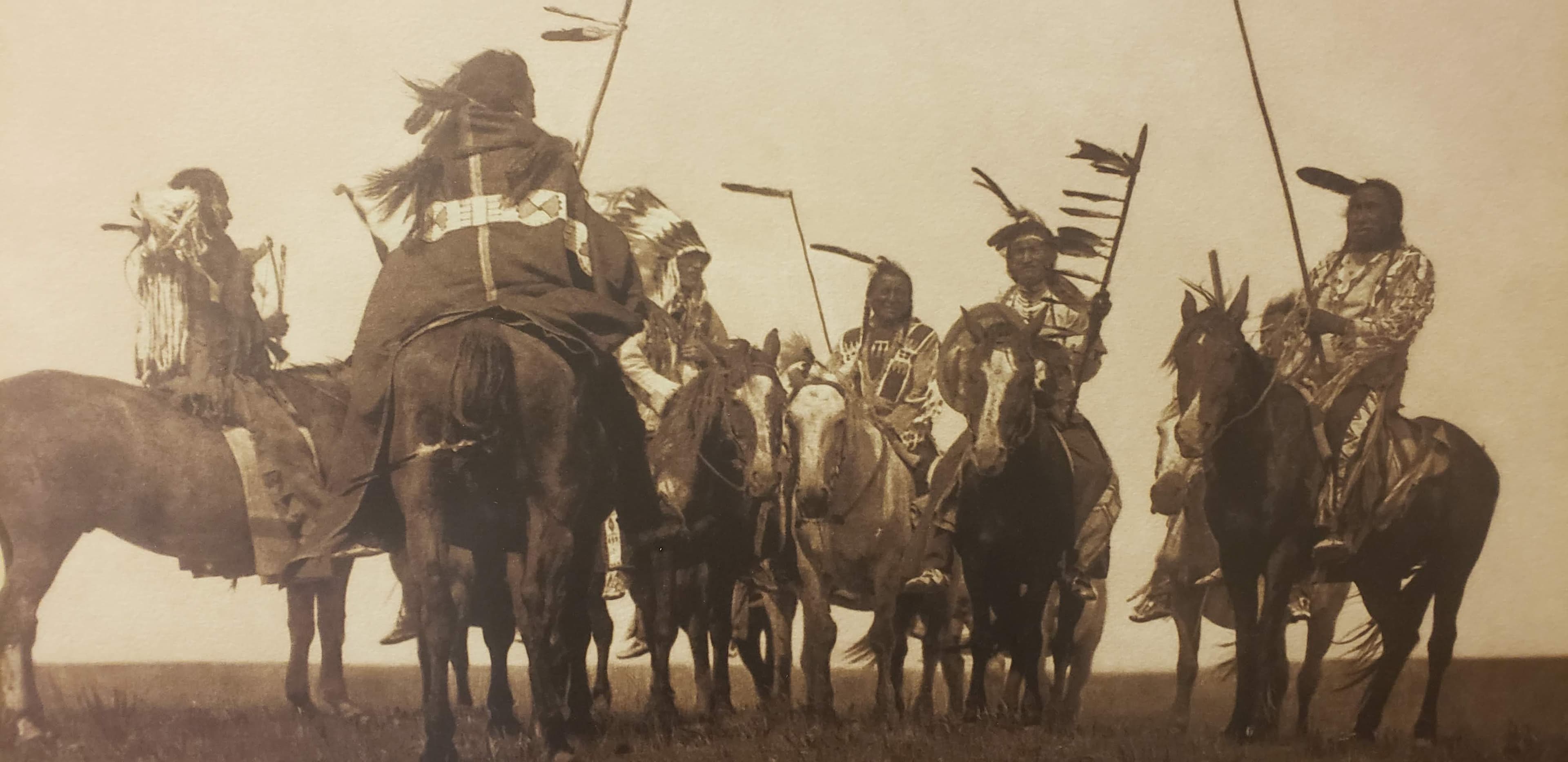A journey down the road of tribal data sovereignty
In an ever expanding universe of data, the need for indigenous peoples to control their and govern their own data is paramount. In the Ft. Belknap Agency, near Harlem, Montana resides the Fort Belknap Indian Community, home to the Gros Ventre and Assiniboine tribes. It is here, where I was born and raised, that I first learned about our ceremonial practices. I grew up hearing the songs from our sundance ceremony. I remember the smell of the burning sage and cedar as it filled the air in the summer.

After the summer ceremonies, winter would come and with it the stories of our people. I remember sitting in front of my Grandmother, Dora Helgeson, as she would tell me the stories, while I drank my Kool-Aid and she smoked her cigarette. I look back on those moments fondly, not just because of the stories, but because of the lessons I learned from them. I learned from Inktomi, the spider, that we must be careful with our words and actions, for they can have unintended consequences. I learned from the stories of the buffalo that we must respect the land and all its inhabitants.I learned the stories of our people and the importance of our connection to the land. Most importantly, I learned that our stories, ceremonies, songs, and knowledge are sacred and must be protected.
Introduction
I am much older now, learned a few things along the way, and have a family of my own. I have two sons, and I want to pass on the stories and lessons I learned from my elders to them. I want them to know who they are and where they come from. I want them to know the stories of our people and the importance of our connection to the land. I want them to know that our stories, ceremonies, songs, and knowledge are sacred and must be protected. But how do I do that in a world where data is king? How do I protect our stories and knowledge in a world where data is collected, analyzed, and sold to the highest bidder? How do I ensure that our stories and knowledge are not exploited or misused by those who do not understand their significance?
These are the questions that have been on my mind as I have worked to create a tribal data classification system for my people. The goal of this system is to provide a framework for the collection, storage, and use of data that respects our sovereignty and protects our stories and knowledge. This system is not just about data, but about our identity as a people and the stories that define us. It is about ensuring that our stories and knowledge are not lost or forgotten in a world that often values data over people.
The Need for a Tribal Data Classification System
This project initially began as a pet project relating to the use of AI and machine learning in the tribal space. I was interested in how I could use these technologies to help my people, by creating an AI model that, after some fine-tuning, could help us preserve our endangered languages and stories. However, as I began to dig deeper into the world of data and AI, I quickly realized that there were many challenges and ethical considerations that needed to be addressed. One of the biggest challenges was the issue of data sovereignty. As indigenous peoples, we have a unique relationship with our data and knowledge. Our stories, ceremonies, songs, and knowledge are not just data points to be collected and analyzed, but are sacred and must be treated with respect and care. This is where the need for a tribal data classification system comes into play. A tribal data classification system is a framework for the collection, storage, and use of data that respects our sovereignty and protects our stories and knowledge. It provides a way to classify data based on its sensitivity and importance to our people, and to establish guidelines for its use and sharing. And thus, the journey began.